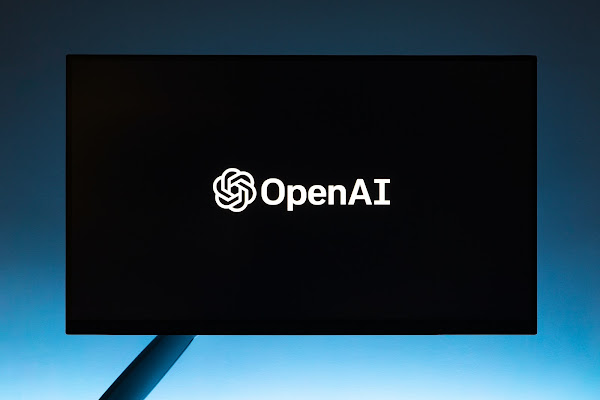OpenAI to Release AI Detection Tool
OpenAI has been at the forefront of the evolving AI landscape, doing wonders with its machine learning and natural language processing capabilities. One of its best creations, ChatGPT, is known for creating human-like text. But as they say, with great power comes great responsibility. OpenAI is aware of the potential misuse and has built a tool that can catch students who use ChatGPT to cheat on their assignments. According to experts, however, there has yet to be a final release date.
As per OpenAI’s spokesperson, the company is in the research phase of the watermarking method explained in the Journal’s story, stressing that it doesn’t want to take any chances.
Is there a need for AI detection tools?
The abundance of AI-generated information has raised questions about originality and authority. AI chatbots like ChatGPT have become advanced. Today, it is a challenge to differentiate between human and AI-generated texts, such as the resemblance. This can impact various sectors like education, cybersecurity, and journalism. It can be helpful in instances where we can detect AI-generated texts and check academic honesty, address misinformation, and improve digital communications security.
About the Tech
OpenAI uses a watermarking technique to detect AI-generated texts, by altering the way ChatGPT uses words, attaching an invisible watermark with the AI-generated information. The watermark can be detected later, letting users know if the texts are Chat-GPT written. The tech is said to be advanced, making it difficult for the cheaters to escape the detection process.
Ethical Concerns and Downsides
OpenAI proceeds with caution, even with the potential benefits. The main reason is potential misuse if the tool gets into the wrong hands, bad actors can use it to target users based on the content they write. Another problem is the tool’s ability to be effective for different dialects and languages. OpenAI has accepted that non-English speakers can be impacted differently, because the watermarking nuances may not be seamlessly translated across languages.
Another problem can be the chances of false positives. If the AI detection tool mistakes in detecting human-written text as AI-generated, it can cause unwanted consequences for the involved users.




















